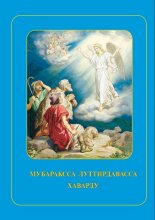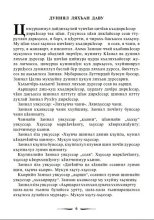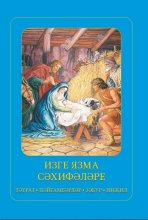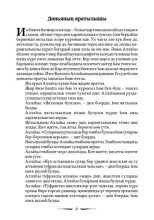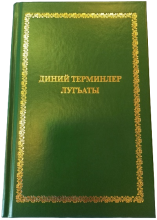

The Digor variant of the Ossetic language is predominantly spoken by Ossetians from the western region of North Ossetia, specifically the Digor Valley and the Mozdok region. It is also spoken by Digors residing in Vladikavkaz and the eastern part of Kabardino-Balkaria, with the total number of speakers estimated at around 100,000.
The Digor community has an established literary tradition with newspapers such as “Digory Hubartt” and “Irf” being published. A Digor-Russian dictionary has also been published, and a Digor drama theater is operational. The Constitution of the Republic of North Ossetia-Alania recognizes both the Iron and Digor dialects of Ossetic as official languages in the region...


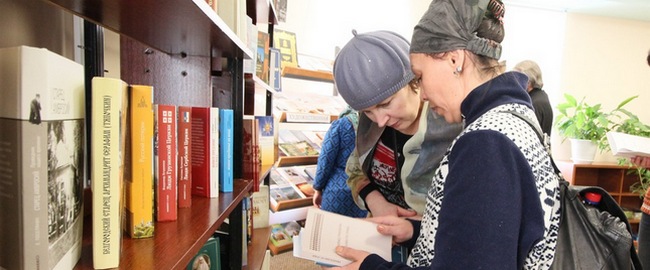
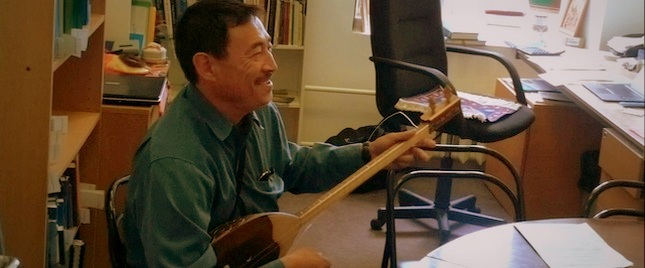

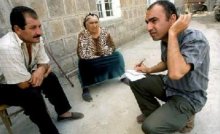 Very soon another complete Bible will be published by IBT. This time it will be in the Kurdish (Kurmanji) language. We expect the first print-run in Cyrillic script in 2024 or early 2025, followed by a Roman-script edition, since the Kurdish community is scattered in different countries that use different scripts.
Very soon another complete Bible will be published by IBT. This time it will be in the Kurdish (Kurmanji) language. We expect the first print-run in Cyrillic script in 2024 or early 2025, followed by a Roman-script edition, since the Kurdish community is scattered in different countries that use different scripts.